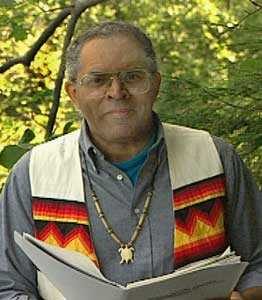With DIANE ROBERTS

Your name: Diane Roberts
Current city or town: Tallahassee, Florida
How long have you lived here? A slightly more complicated question than it would seem. I was born in Tallahassee and lived here till I went abroad to university. I spent ten years in England and fourteen years in Alabama and then came back to Tallahassee. The short answer is that, in my head, I’ve lived here all my life.









